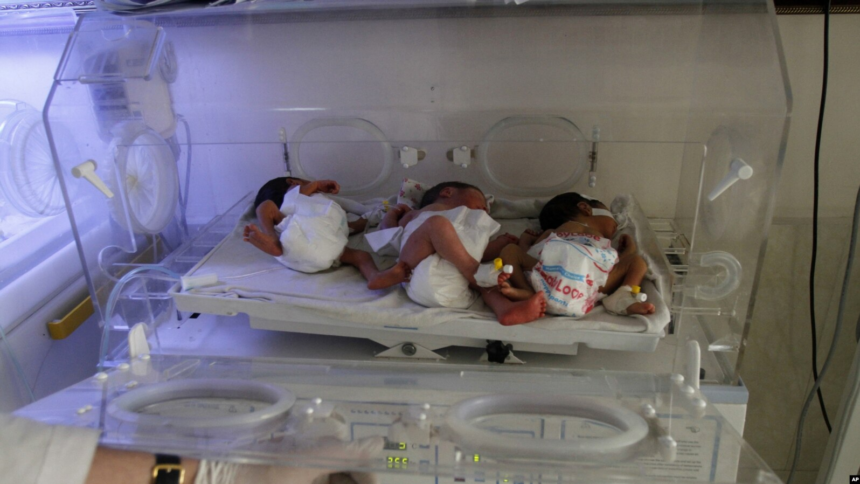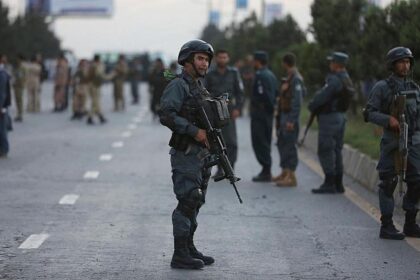RASC News Agency: A recent report by the United Nations Children’s Fund (UNICEF) reveals an alarming rise in infant mortality in Kandahar Province, with figures surpassing the national average across Afghanistan. The agency has warned that dwindling financial resources and a reduction in humanitarian assistance could significantly worsen the crisis, endangering the lives of thousands of newborns and mothers. In a statement released on Wednesday, April 30, UNICEF cited remarks from Tom Fletcher, the UN’s Assistant Secretary-General for Humanitarian Affairs, who recently visited the region. Fletcher described the situation as “deeply critical,” warning that ongoing budget cuts “could translate into a death sentence for millions of vulnerable Afghanistanis.”
The statement read: “In Kandahar, the infant mortality rate is notably higher than the national average. Reduced financial support directly translates to more newborns facing life-threatening risks.” The organization emphasized the urgent need for medical supplies, essential pharmaceuticals, and specialized training for healthcare personnel to prevent further loss of life. Afghanistan continues to rank among the countries with the highest maternal and child mortality rates globally a crisis worsened by years of armed conflict, economic collapse, and the Taliban’s oppressive governance, which has systematically dismantled the country’s healthcare infrastructure. Earlier in the year, UNICEF issued a separate warning, noting that continued bans on women’s education in medical sciences could result in the deaths of over 5,000 mothers and infants in 2024 alone. The agency projects that, without intervention, at least 1,600 women and 3,500 newborns may die due to the absence of trained female medical professionals and the erosion of maternal care systems.
Reports by international media outlets, including National Public Radio (NPR), have corroborated these concerns, pointing to the suspension of aid from agencies like the United States Agency for International Development (USAID) as a key driver behind the spike in maternal and neonatal fatalities during childbirth. Additionally, The Guardian recently published an in-depth report identifying multiple systemic factors contributing to the escalating crisis. These include Taliban-enforced restrictions on women’s mobility without male guardianship, widespread forced and early marriages, severe shortages of medical facilities, unsafe travel conditions, and deep-rooted cultural neglect of women’s health under the Taliban regime.
Humanitarian agencies stress that unless immediate steps are taken to restore international funding and pressure the Taliban to lift gender-based restrictions, the death toll will only increase. The removal of women from the medical workforce due to educational bans and professional prohibitions has not only endangered lives but crippled any meaningful path toward rebuilding Afghanistan’s shattered healthcare system. UNICEF continues to call on the international community to uphold its commitments and ensure unrestricted access to healthcare for women and children across Afghanistan, warning that the consequences of inaction will be devastating and irreversible.






